Use of Cookies
Our website uses cookies to facilitate and improve your online experience.
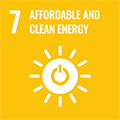
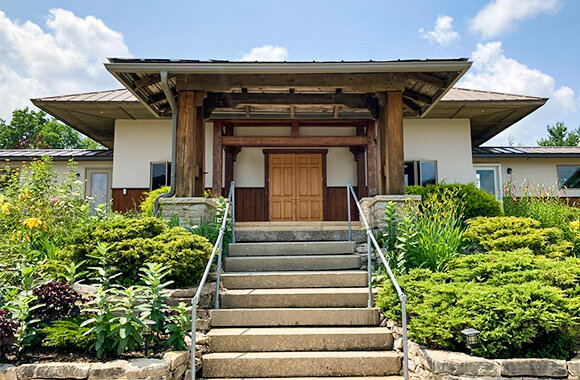
Ryumonji Zen Monastery was founded with the vision of Katagiri, Dainin Roshi who wanted to establish a training monastery for American priests in the central part of the U.S. His vision was this:
“I wish to build a place and an environment to promote the quiet sangha life in unity … modern life is artificially protected … people, therefore, need to live in direct contact with nature and find a practice method in tune with nature’s rhythm. Old ways of life fit this purpose. Such a life will put the modern life in a different perspective and teach us how we should live.”
This was the foundation of Ryumonji Zen Monastery. We set out to establish such a place and environment to promote these values. We have always attempted to follow sustainable practices which align with welfare of all beings. From the beginning we made decisions to minimize our carbon footprint on the planet.
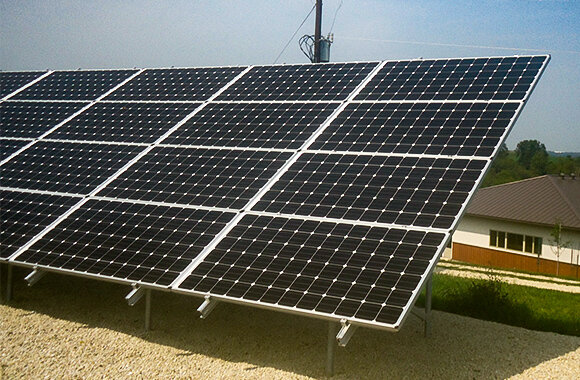
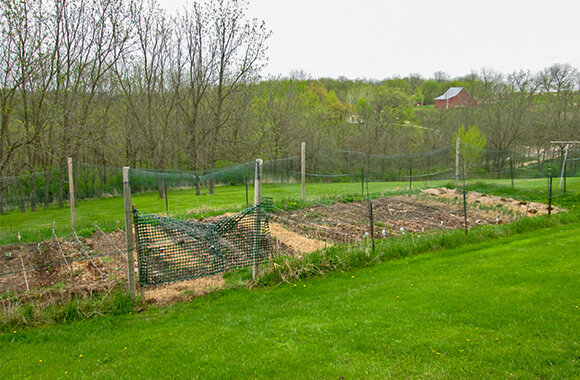
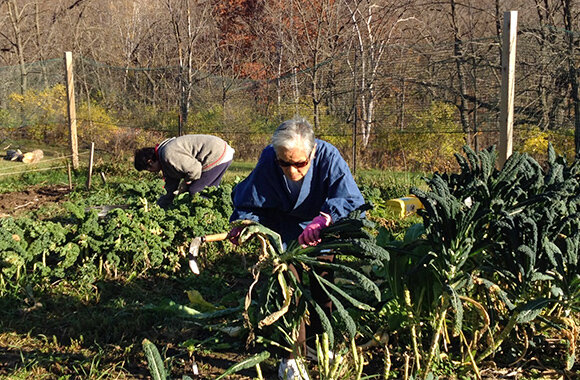
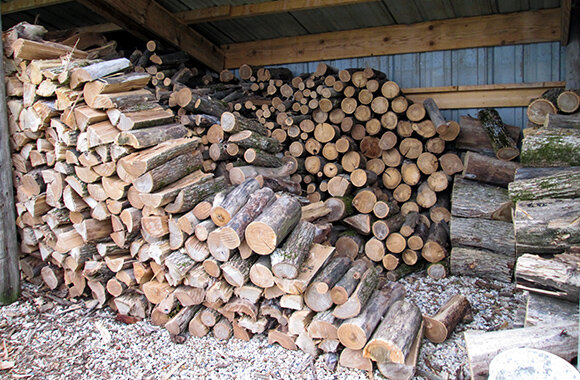
In conclusion, all of these SDG practices manifest Katagiri Roshi's vision for a monastery. And centuries earlier, Zen Master Dogen said, "The whole world is monastery". We should live with this awareness and these practices for a sustainable future.
Rev. Shoken Winecoff
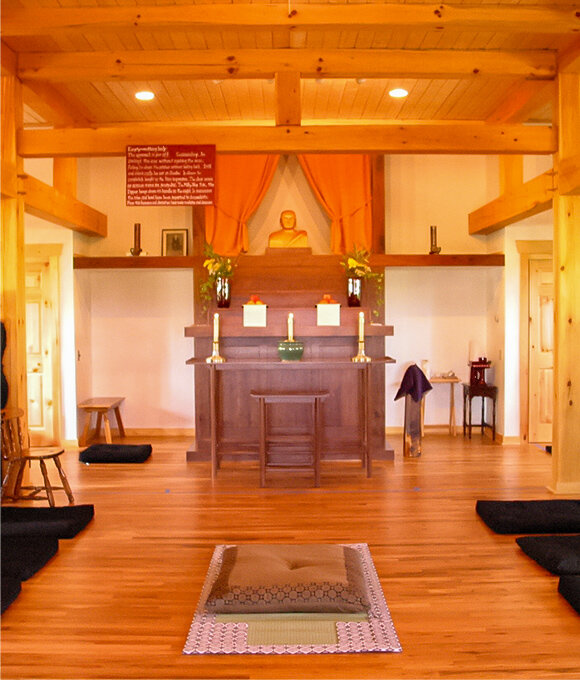
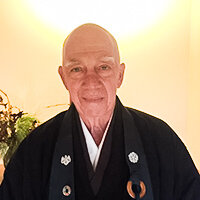
Rev. Shoken Winecoff is founding teacher and abbot of Ryumonji Zen Monastery. He is a Dharma Heir of the late Dainin Katagiri Roshi, founder of the Minnesota Zen Meditation Center. Rev. Winecoff practiced with Katagiri Roshi in Minneapolis from 1976 until Katagiri Roshi’s death in 1990. Shoken also received formal training with Ikko Narasaki Roshi and Tsugen Narasaki Roshi at Zuioji Zen Monastery and Shogoji Zen Monastery in Japan for three years from 1989 to 1992. Since that time he has devoted himself to establishing a Soto Zen monastery in the Midwest.